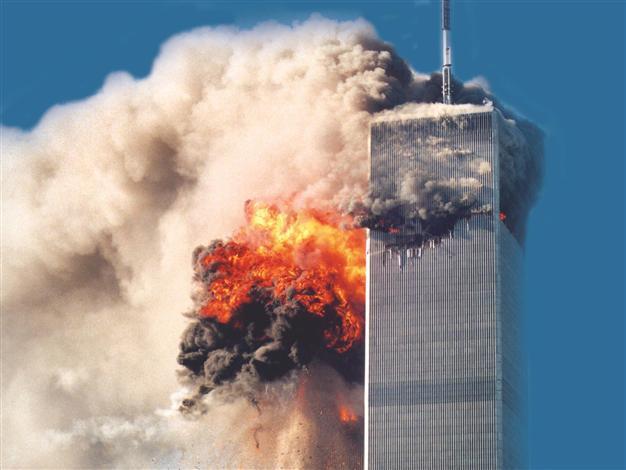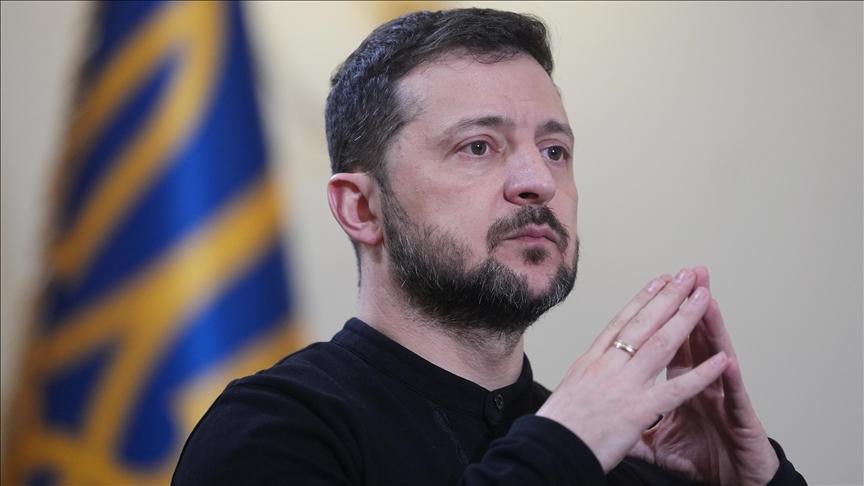US pilot security measures still ‘flawed’
WASHINGTON

Four planes were hijacked and three were flown into the twin towers in New York, killing some 3,000 people. AP photo
More than a decade after hijackers trained by U.S. flight schools used passenger jets as deadly weapons in the September 11 terror strikes, a report said flight school security measures remain flawed.These security weaknesses are “completely unacceptable” and “extremely disturbing,” said Congressman Mike Rogers, head of the U.S. House of Representatives subcommittee on transportation security. After the Sept. 11, 2011 attacks, when four planes were hijacked and three were flown into the twin towers in New York and the Pentagon near the U.S. capital, killing some 3,000 people, the U.S. transportation security agency (TSA) was tasked with conducting risk assessments of foreign flight student applicants. But the report from the U.S. government watchdog said despite the beefed up security measures, some pilots still manage to get training without ever going through a background check or before it is completed.
“Thus, foreign nationals obtaining flight training with the intent to do harm, such as three of the pilots and leaders of the Sept. 11 terrorist attacks, could have already obtained the training needed to operate an aircraft before they receive any type of vetting,” the report said, according to Agence France-Presse.In addition, the “TSA also faces challenges in obtaining criminal history information,” the report noted, and although the TSA “is working to establish processes to identify foreign nationals with immigration violations,” that system remains flawed.
“The Department of Homeland Security (DHS) needs to be smarter about security,” Rogers said in his statement to the House subcommittee.
















